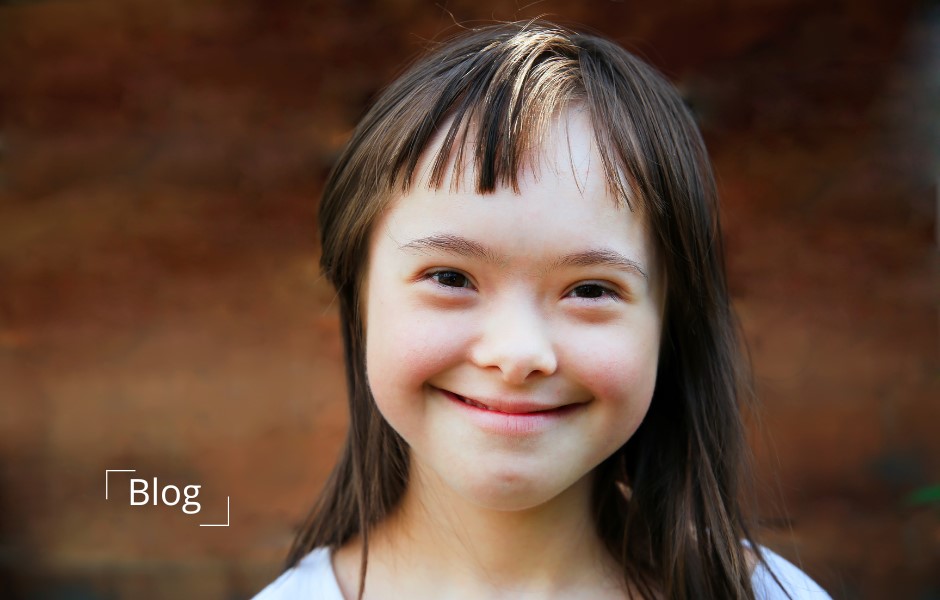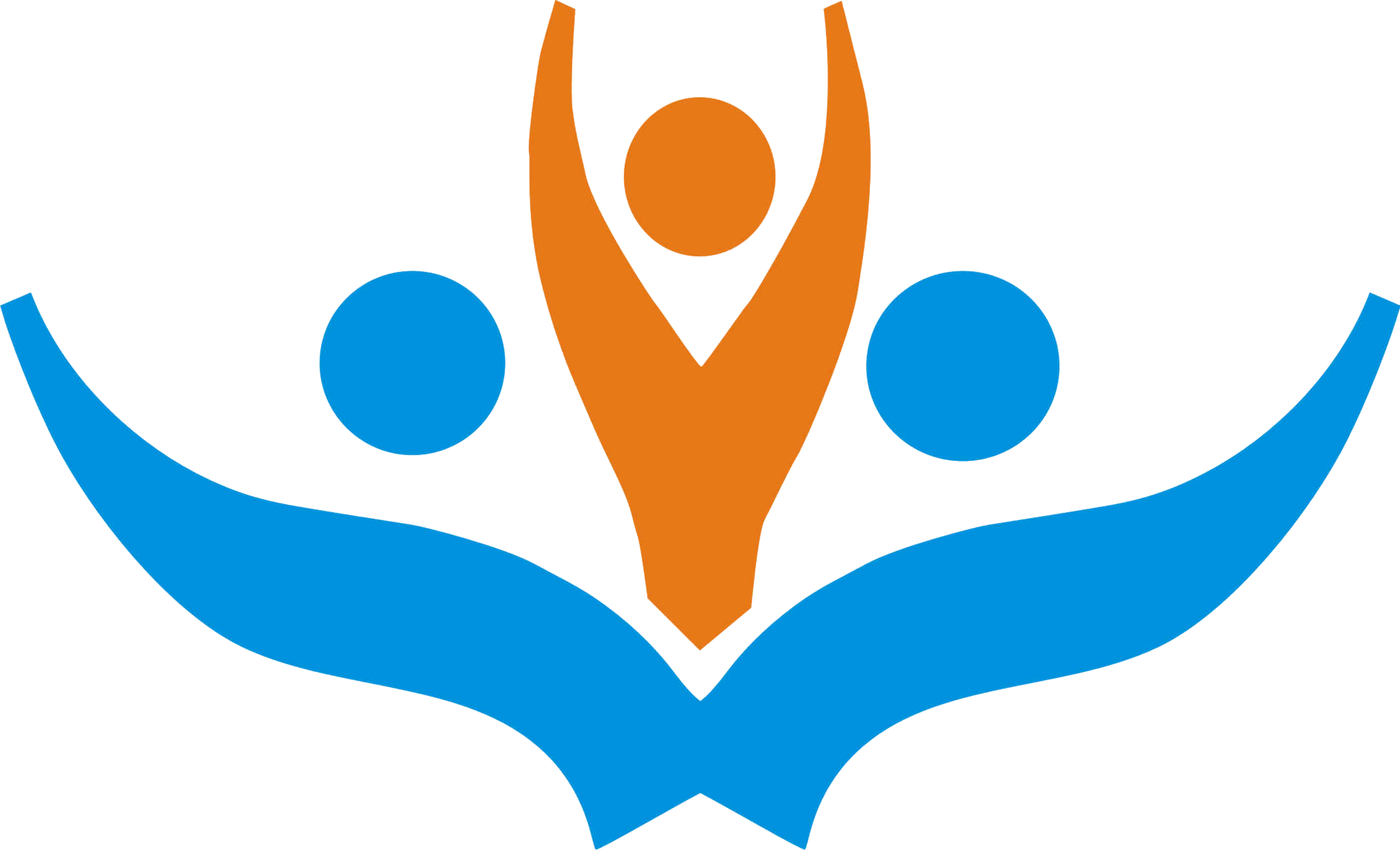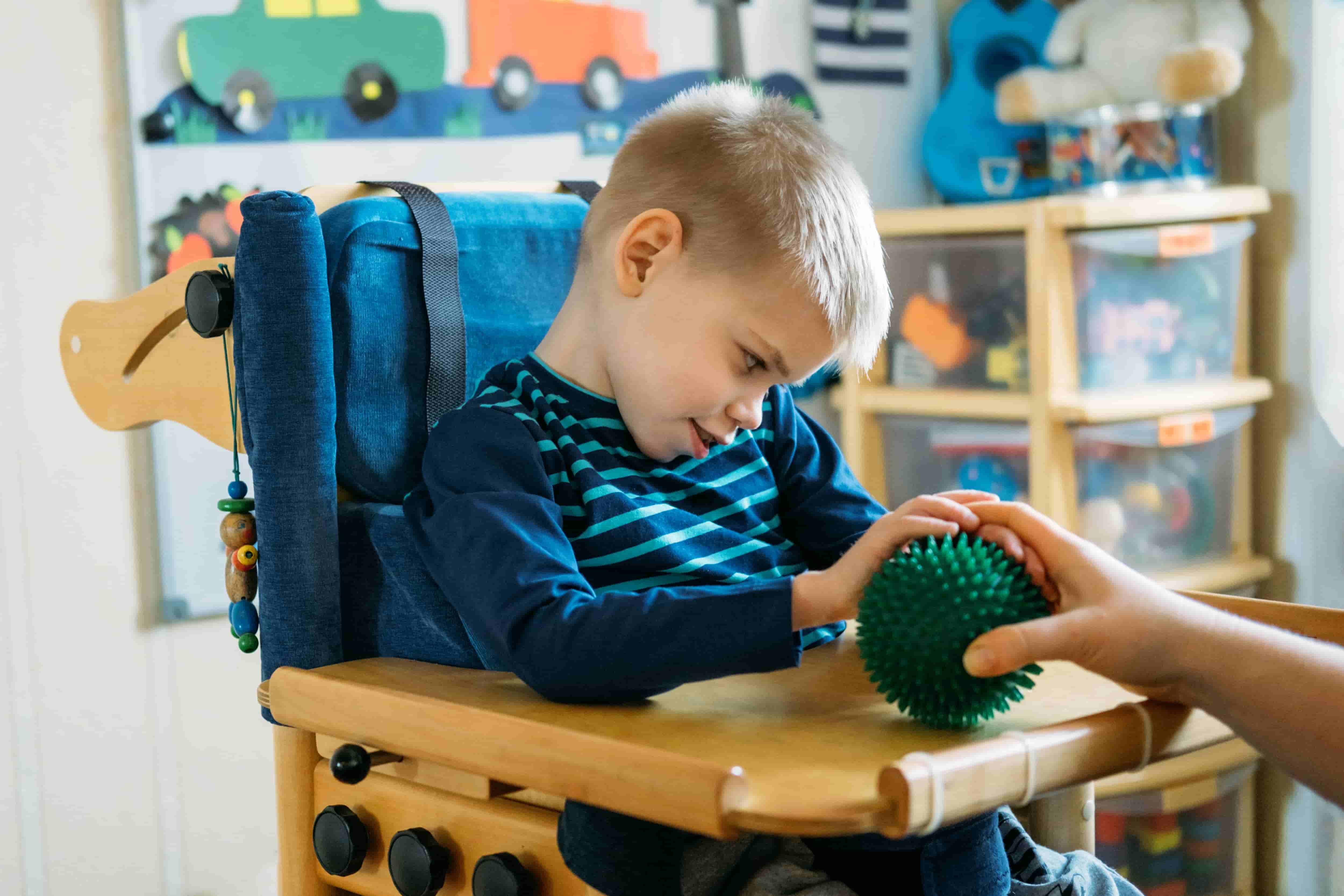
Understanding Pervasive Developmental Disorder
Autism is a spectrum disorder which commonly denotes that the term ‘Autism’ is a group of different conditions. Studies have identified five kinds of neuro-developmental disorders under the term of autism that includes Childhood Disintegrative Disorder, Autism, Rett’s Disorder, Asperger’s Syndrome and Pervasive Developmental Disorder (PDD).
Pervasive Developmental Disorders are a group of disorders that cause impaired communication and social interaction. A PDD generally starts earlier than the age of three and does not have an effect on life expectancy. Physiotherapy helps a lot in engaging the child in fun and functional activities to enhance physical ability and communication skills. Periodic sessions with a consultant physiotherapist can assist to increase the child’s ability to have good interaction with others in the course of play, boost self confidence and enhance overall quality of life.
PDD is a sub-threshold condition in which few features of autism or a different explicitly recognized PDD are identified. Like all types of autism, PDD can occur in concurrence with a wide scale of intellectual ability and its defining features being considerable challenges in social and language development. Across gender lines, males tend to be affected more than females with this condition.
A child with PDD is usually considered to exhibit milder symptoms than those with autism spectrum disorder which include:
• Increased or reduced sensitivities to taste, see, hear, smell and touch
• Difficulty with transitions
• Irrelevant social behavior
• Impaired speech and use of language
• Deficiency in verbal, non-verbal communication and ability to interact with others
• Uneven talent development
This makes it very tough for children with PDD to play, make friends and interact with others. They additionally seem to have problem with their creativeness to play games and have a restrained range of interest. Children with this condition intensely pay attention to unique topics and are disinterested in others. They are stubborn to changes in routine and surroundings, and exhibit repetitive body movements if daily routine is changed. Such children require a specialist team to reduce symptoms that can ensure optimal standards of living.
Few commonly acceptable treatment options that PDD individuals will undergo are:
1. Physical Therapy – This is one of the treatments for PDD which helps an affected individual with their sensory processing difficulties. This will assist them with increased response to touch, feel or hear and improves hand-eye coordination.
2. Applied Behavior Analysis – This has been proven to offer extra lasting effects in enhanced abilities for PDD individuals. It begins with an easy task, like picking up a glass, and move on to more complicated ones as the child progresses.
3. Social Stories – The focus here is to give the child with PDD, a model of relevant social interactions which often begins by describing a situation with explicit social cues. Additionally, positively worded sentences are used to lead the child to a socially acceptable response.
4. Occupational Therapy – With most human interactions including work and academic pursuits being dependent on having a high level of social and communicative ability, this therapy would help PDD affected children with cognitive difficulties in understanding how to respond to situations. The therapist would work with the child to discover ways to respond to differing motivation or address the reality of irregularity in a schedule.
It is vital to enhance and improve the rate of development of a child with PDD as much as possible. Regular treatment to their condition will help them in boosting their confidence, self-esteem and ability to interact with new people. Interacting with others, engaging in team activities and taking pleasure from a broad range of interests will substantially improve the child’s well-being and quality of life.
At Chetna Foundation we understand the difficulties a child may face as a result of Pervasive Developmental Disorder. Our qualified therapists offer expert evaluation and treatment focused on achieving specific goals to attain optimum function and quality of life.
| Tweet |





